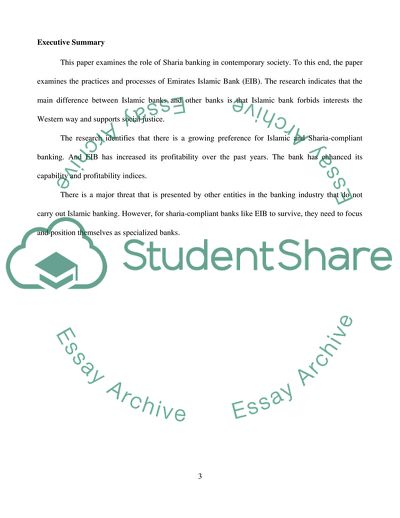Cite this document
(Islamic Banking and Finance Research Paper Example | Topics and Well Written Essays - 2500 words, n.d.)
Islamic Banking and Finance Research Paper Example | Topics and Well Written Essays - 2500 words. https://studentshare.org/finance-accounting/1813632-islamic-banking-and-finance
Islamic Banking and Finance Research Paper Example | Topics and Well Written Essays - 2500 words. https://studentshare.org/finance-accounting/1813632-islamic-banking-and-finance
(Islamic Banking and Finance Research Paper Example | Topics and Well Written Essays - 2500 Words)
Islamic Banking and Finance Research Paper Example | Topics and Well Written Essays - 2500 Words. https://studentshare.org/finance-accounting/1813632-islamic-banking-and-finance.
Islamic Banking and Finance Research Paper Example | Topics and Well Written Essays - 2500 Words. https://studentshare.org/finance-accounting/1813632-islamic-banking-and-finance.
“Islamic Banking and Finance Research Paper Example | Topics and Well Written Essays - 2500 Words”. https://studentshare.org/finance-accounting/1813632-islamic-banking-and-finance.


